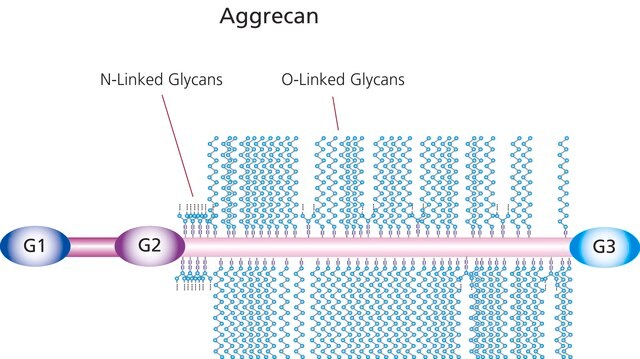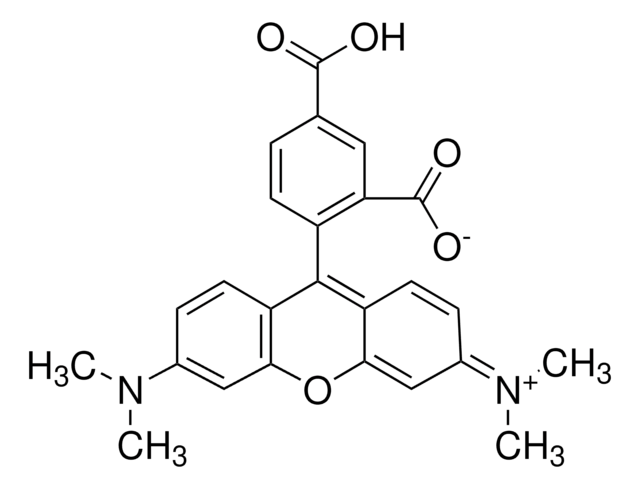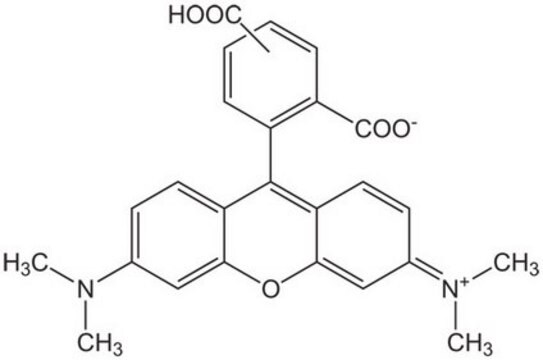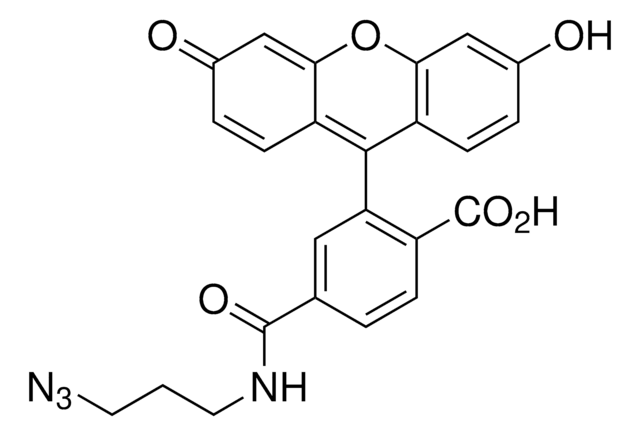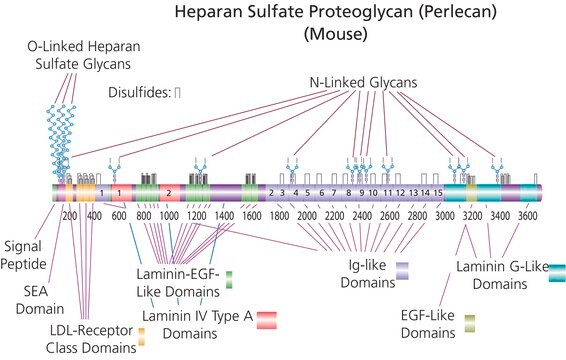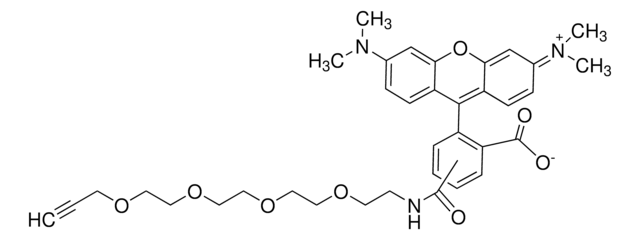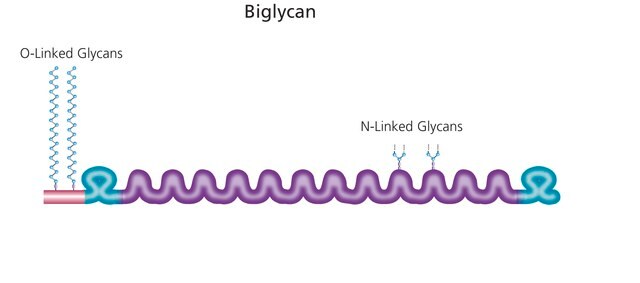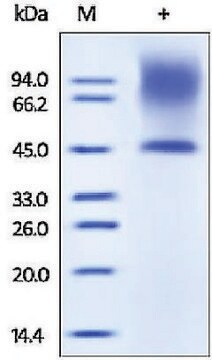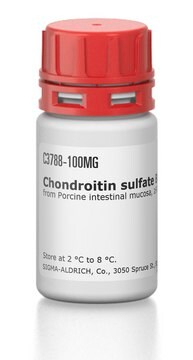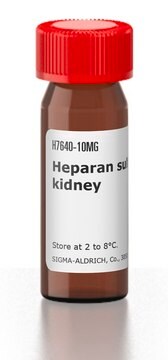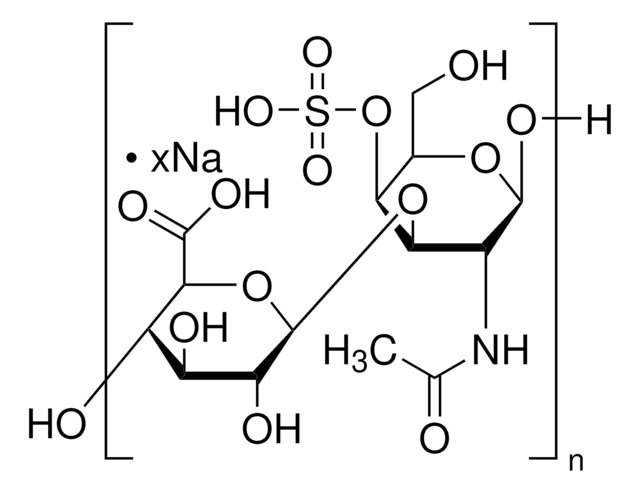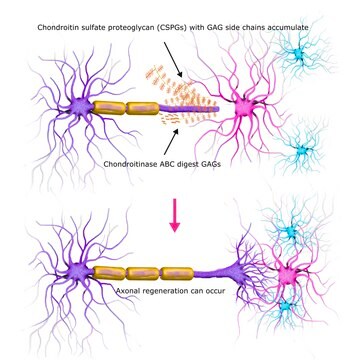D8428
Decorin from bovine articular cartilage
salt-free, lyophilized powder
Synonym(s):
Decorin protein
About This Item
Recommended Products
biological source
bovine articular cartilage
Quality Level
form
salt-free, lyophilized powder
mol wt
~100 kDa
packaging
glass bottle of 0.5 mg
technique(s)
cell culture | mammalian: suitable
solubility
PBS: ≥2.00 mg/mL, clear, colorless to yellow
UniProt accession no.
storage temp.
−20°C
Gene Information
cow ... DCN(280760)
General description
Application
Biochem/physiol Actions
Other Notes
Storage Class
11 - Combustible Solids
wgk_germany
WGK 3
flash_point_f
Not applicable
flash_point_c
Not applicable
ppe
Eyeshields, Gloves, type N95 (US)
Choose from one of the most recent versions:
Already Own This Product?
Find documentation for the products that you have recently purchased in the Document Library.
Customers Also Viewed
Articles
There are five identified glycosaminoglycan chains (see Figure 1): Hyaluronan is not sulfated, but the other glycosaminoglycan chains contain sulfate substituents at various positions of the chain.
Glycosaminoglycans are large linear polysaccharides constructed of repeating disaccharide units.
Our team of scientists has experience in all areas of research including Life Science, Material Science, Chemical Synthesis, Chromatography, Analytical and many others.
Contact Technical Service